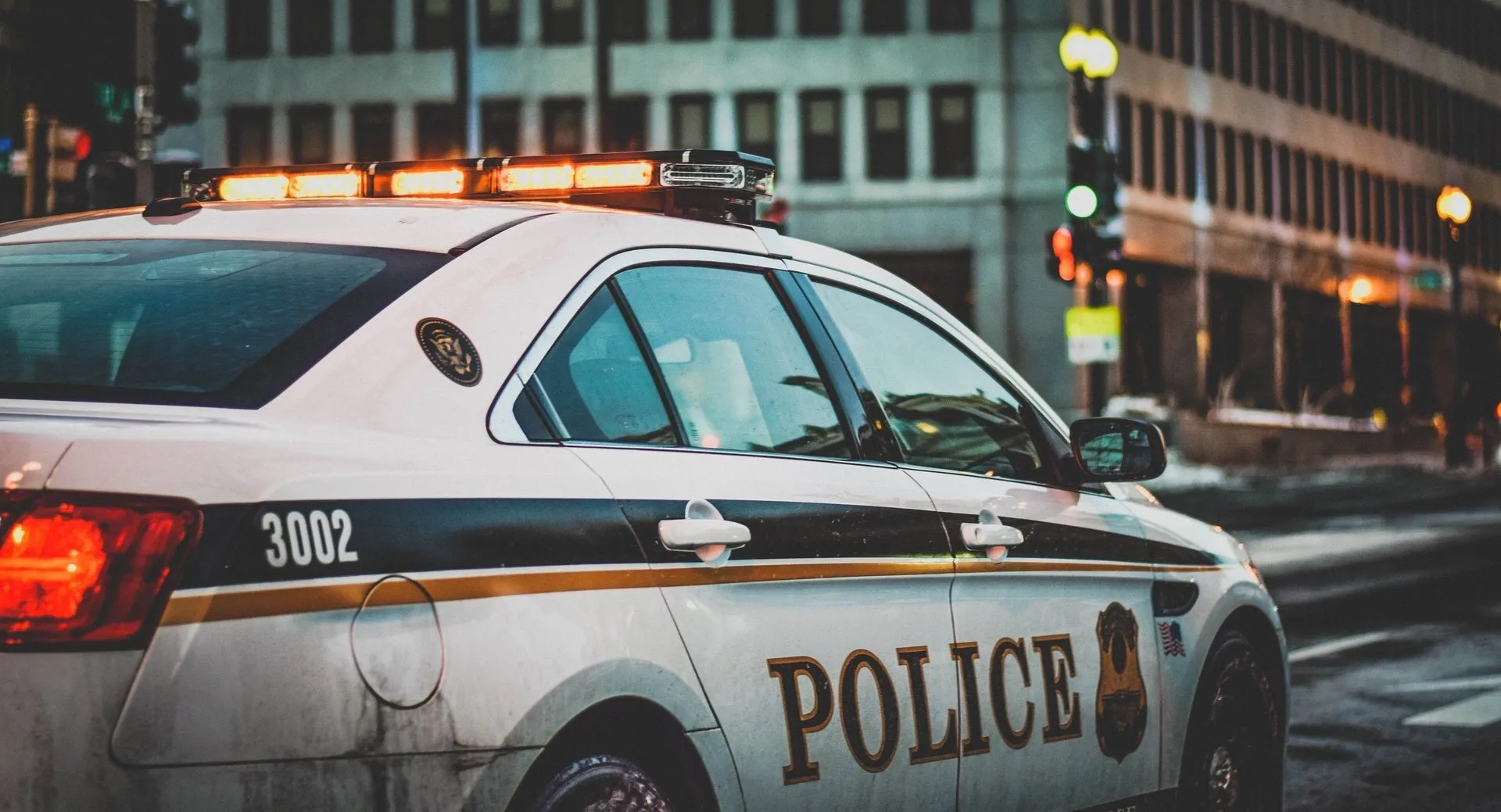August 19, 2020
Which is Why You Need to Hire A DUI Defense Attorney
Most Common Mistakes Police Make in a DUI Arrest
When law enforcement officers investigate a DUI, they must adhere to certain rules to protect the suspect’s rights. It is their duty to lawfully collect evidence, and ensure the investigation is fair and transparent. Unfortunately, it is not uncommon for police to go against the rules during a dui investigation though it may not always be intentional. Therefore, it is important to hire a dui defense attorney to investigate the circumstances surrounding your traffic stop and to determine whether your breath test was conducted fairly and in accordance with the law.
1. The police did not have reasonable suspicion
A police officer must have ‘reasonable suspicion’ to stop your vehicle. ‘Reasonable suspicion’ requires a clear reason for stopping you other than mere suspicion, and the officer must be able to support his basis for the traffic stop. Traffic violations and equipment violations (e.g. speeding, driving without headlights on, brake light out, or changing lanes without proper signaling) are typical examples of proper investigatory stops, but other stops for conduct that does not amount to a specific traffic violation can be challenged. If law enforcement does not establish reasonable suspicion, any evidence obtained after the traffic stop cannot be used in court.
2. An improper administration of field sobriety exercises
The National Highway Traffic Safety Administration (NHTSA) created three standardized field sobriety tests that the arresting officer must understand, properly administer, and evaluate for his conclusion regarding intoxication to be supported by research. When administering field sobriety tests the officer must clearly explain the proper exercises to be completed. They must ensure the test is done on level ground and consider factors that could impact the results (e.g. age, fatigue, physical fitness, etc.) A failure to properly administer or evaluate the performance on a field sobriety test may invalidate the results and call’s the officer’s proficiency and opinions into question. This, very well, can serve as the basis for reasonable doubt.
3. The police failed to properly administer the breath test
A breath test plays a vital role in almost all dui cases. While breathalyzer results may not make up all the evidence in a dui case, blowing more than .08 quite often seals the case for the prosecutor. If a law enforcement officer is suspicious of a dui, they may request a breath test be performed to determine your blood alcohol content. There are strict rules that the officer must follow. The officer administering the test must observe you for approximately 15-20 minutes prior to you taking the test to ensure the validity of the test. The officer is supposed to obtain two breath samples to compare the results to confirm they are consistent with one another. The officer should advise you of your right to provide a blood or urine sample. Any error made when administering the breath test may result in suppression of the breath test results. The Alcohol Testing Program of the Department of Law Enforcement is responsible for the operation, inspection, and registration of breath test instruments, as well as the regulation of those who operate, inspect, and instruct others on how to conduct breath tests. This office also issues permits for operators, inspectors, instructors, and instruments, and develops the curricula for breath test operation and inspection. Part of your dui defense may involve a thorough investigation into the training and performance of those responsible for operating, calibrating, and maintaining the breathalyzer that was used in your case. The testing device must also be calibrated properly. To ensure its accuracy, the breathalyzer should be regularly checked and recalibrated as needed. Failure to provide proof of proper care of the instrument could result in your test results being thrown out.
4. Insensitivity to the Rights of the Accused
Some police officers view the criminal justice system as nothing but a game. They resent the exercise of constitutional rights at the expense of their investigation. Some officers cannot be impartial observers and admit that a subject passed any testing administered. In this instance, a videotape can expose the inaccuracy of the officer’s observations and reports.
If you are ready to build a strong defense for the best chance at avoiding dui penalties, contact the Law Office of Brian H. Mallonee at (772) 464-1991.
Schedule A Free Consulation
LIKE THIS BLOG POST? SHARE IT WITH THE WORLD

